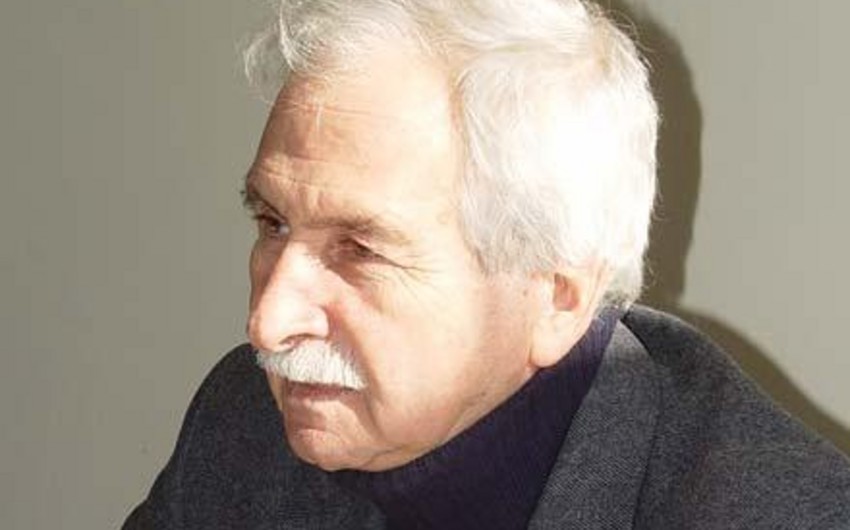Baku. 3 April. REPORT.AZ/ The enmity between religious trends in Yemen has never been observed. There are representatives of Shafi'i branch of Sunni and Zaidi branch of Shiism. There have never been an opposition among them. However, Yemen's population is very religious. Report was told by teacher of historical faculty of Baku State University, PhD in history Rafig Bey Ismail at one time worked in Yemen.
According to him, there are causes of formation of base in Yemen, which has led to the current events.
According to Rafig Bey Ismail, there is a war between several forces in the country. This includes the legitimate authorities, Al-Qaeda and Huthis. Shiites in Yemen always adhered Zaidi branch. Huthis are also representatives of this branch.
The former leader of Huthis Bahraddin Hussein Mohammed al-Husi lived in Tehran, Najaf, Lebanon and, to some extent, came under the influence of Jafarizm. After his death his son Hussein al-Husi became the leader of Huthis. Like his father, he had a religious education in Iran and was very literate. At that time he managed to gather young people around him. In 1993, he created the organization Hizb al Haq and was elected to Parliament. After retiring from Parliament in 1997, Hussein al-Husi engaged in politics. In 2004, he was killed.
Now, the movement headed by his brother Abdulmalik al-Husi.
According to Rafiq Bey, a political program and purpose of Huthis is unknown. Processes occurring in the region and the Arab revolution specified as the cause of their activation.
He posted and listed the factors that contribute to processes happening in Yemen:
1. The economic backwardness, poverty;
2. Unemployment;
3. The large number of young people and providing them with employment;
4. A small amount of democratic and secular thinking people;
5.Religious societies;
6. The weakness of state power in comparison with the tribal governments;
7. The low level of public and national consciousness;
Rafig Bey Ismail said that classic tribal council decides the fate of the state: It is quite natural for Yemen.
While the national anthem says, I am Yemeni, ask me in the mountains, the process of nation-building in Yemen is too weak.Tribal interests are dominating here.Bringing tribal relations on the agenda is also associated with it.I should note that the enmity between religious trends in this country has never been observed. At present, this is also used.
Referring to conflicting political interests of foreign powers,Rafig Bey Ismail said that Iran does not need this country from an economic point of view: Tehran needs Yemen from an ideological point of view. Saudi Arabia does not want to have a state under the rule of Huthis along its borders. As for the Al-Qaeda, the organization is constantly skirmishes with local Islamists.Turkey does not want such a strengthening of Iran in the region.Against the background of rapprochement between Iran and the United States, Russia opposes Iran's position on Yemen.As for the other Arab states, they are not only uniquely oppose stay of representatives of this direction in power, but also support the current President Abd Rabbuh Mansur Hadi.
To Report's question that, do the Yemenis have opportunity to live better? He replied: Given the piety of Yemenis, they are brought up in the spirit, that it is necessary to be content with little.Economic opportunities of the country also had considerable influence on it.However, the discovery of oil and gas in recent years also affected the social demands. The population is mostly engaged in agriculture, animal husbandry, cultivation of coffee, etc.Despite population growth, productivity has not increased, which led to the impoverishment of society and other problems.
Rafig Bey Ismail added, 'Although the word 'Yemen' means 'lucky country' in Arabic, this country is among the 10-15 poorest in the world'.


 https://static.report.az/photo/6f604209-b9f5-4ebc-b10b-910502e6fc3e.jpg
https://static.report.az/photo/6f604209-b9f5-4ebc-b10b-910502e6fc3e.jpg

